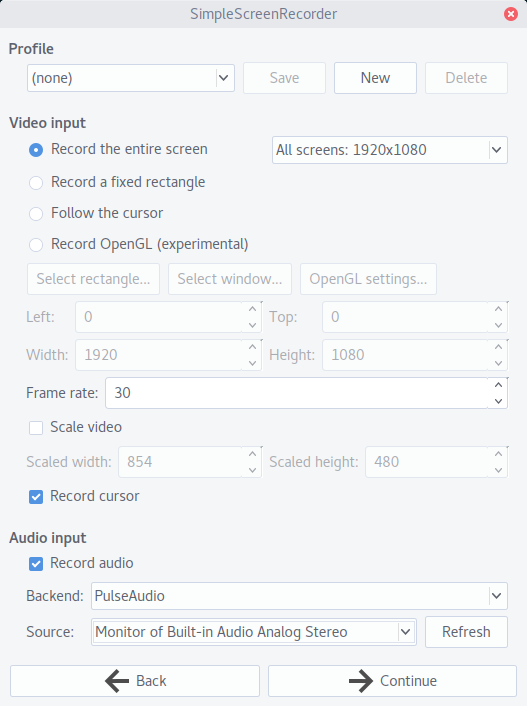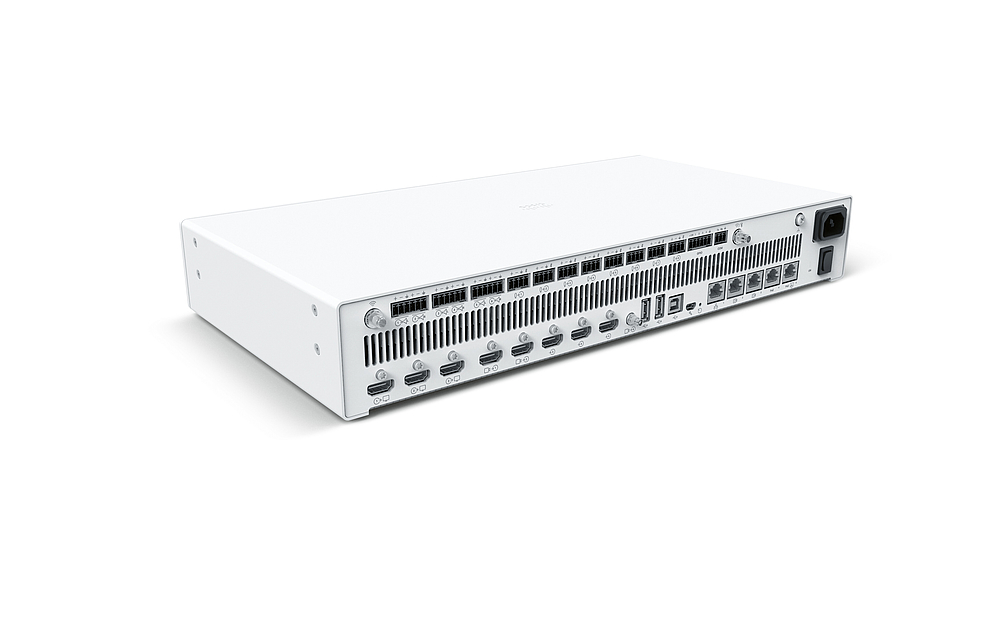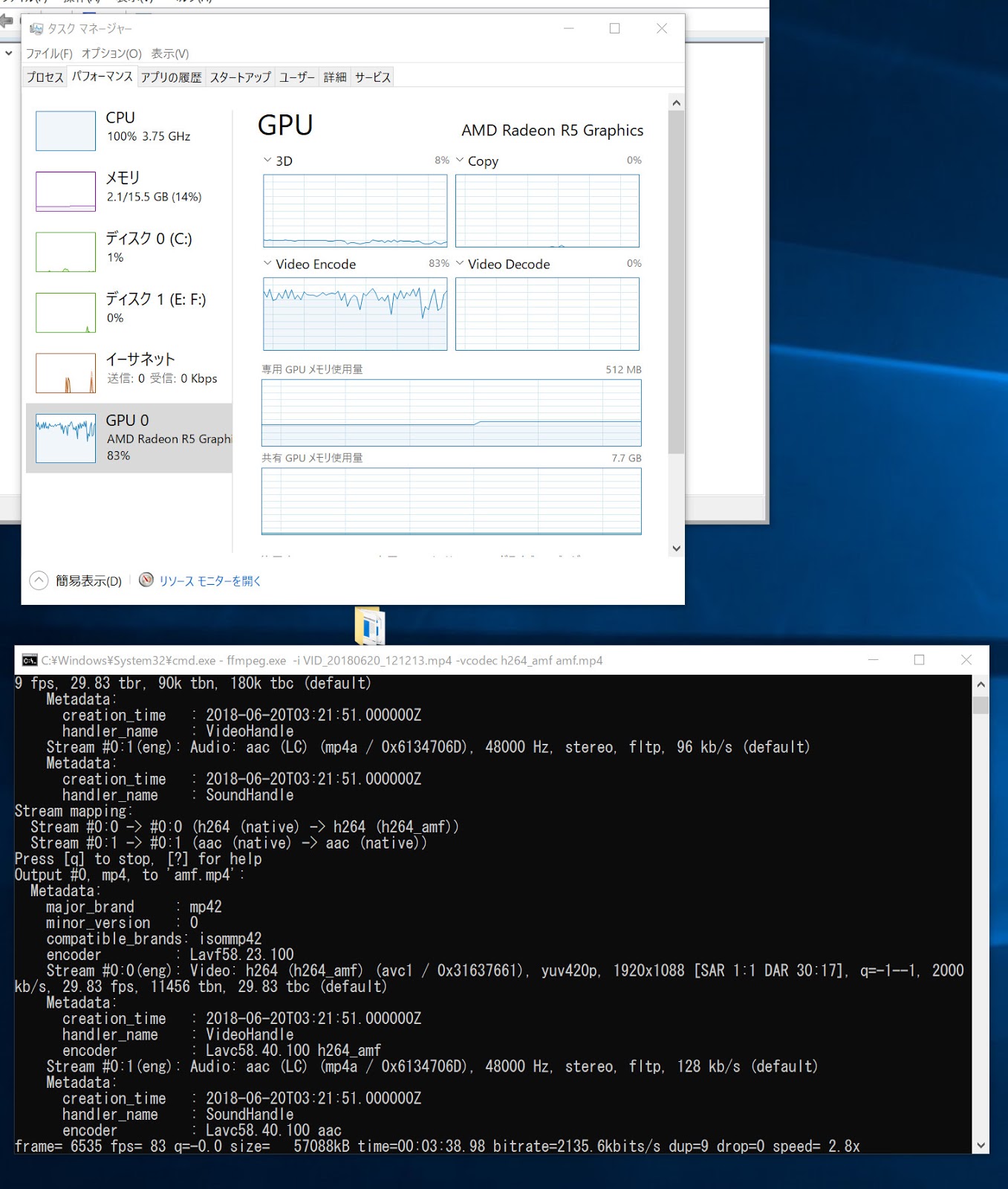

VCodec may swamp your computer with pestering popup ads, even when you're not connected to the Internet, while secretly tracking your browsing habits and gathering your personal information. Annoying popups keep appearing on your PC VCodec may even add new shortcuts to your PC desktop. VCodec can tamper with your Internet settings or redirect your default home page to unwanted web sites. New desktop shortcuts have appeared or the home page has changed

If your PC takes a lot longer than normal to restart or your Internet connection is extremely slow, your computer may well be infected with VCodec. VCodec can seriously slow down your computer. The following symptoms signal that your computer is very likely to be infected with VCodec: PC is working very slowly When you visit sites with dubious or objectionable content, trojans-including VCodec, spyware and adware, may well be automatically downloaded and installed onto your computer. The use of peer-to-peer (P2P) programs or other applications using a shared network exposes your system to the risk of unwittingly downloading infected files, including malicious programs like VCodec. Spyware frequently piggybacks on free software into your computer to damage it and steal valuable private information. Sometimes adware is attached to free software to enable the developers to cover the overhead involved in created the software. Small-charge or free software applications may come bundled with spyware, adware, or programs like VCodec.

How Did My PC Get Infected with VCodec? ^ If you are having trouble getting a video to playback on an older device, try converting the video to H.264 with a free video converter.Be Aware of the Following Trojan Threats: Modern computers, smartphones, and televisions are all equipped with hardware decoders that can handle formats like H.265 with little bother. As time goes on, more and more devices can do it all. RELATED: What Is Lossless Audio? Codecs Aren’t the Pain They Used to Beīack in the day, you’d probably catch yourself installing codec packs to play certain types of video or audio downloaded from the web. Others, like FLAC, are lossless which means that no loss in quality can be discerned once the data is decompressed again on the other side.Ĭodecs are also used for encryption purposes, as a means of making data accessible only to devices that possess the correct decoder.

Some codecs like the MP3 format are lossy, which means that some data is discarded in the compression format. When data is encoded in a particular format to save space, a counterpart decoder is required to display that data on the other end.


 0 kommentar(er)
0 kommentar(er)
